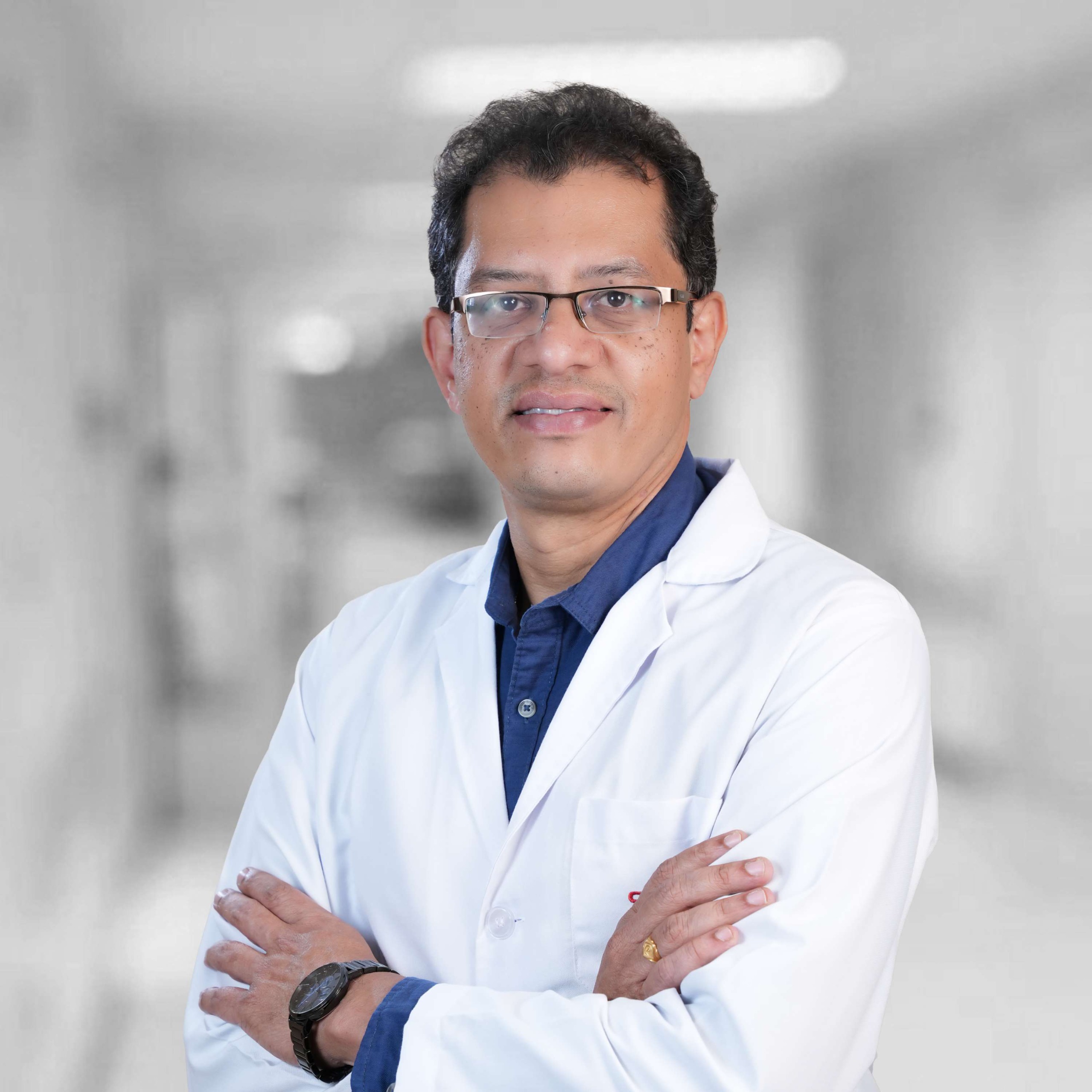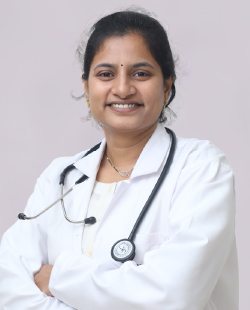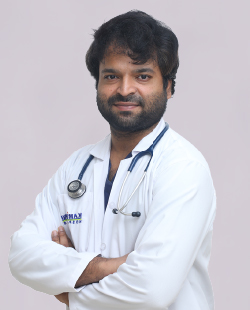Conditions we treat:
- Acute liver failure
- Severe acute hepatitis
- Jaundice
- Liver cirrhosis
- Portal hypertension
- Chronic hepatitis
- Hepatitis B and C
- Alcoholic liver disease
- Fatty liver disease
- Autoimmune liver disease
- Liver cancer
- Liver trauma
- Liver metastases
- Gall bladder and Bile duct cancer
- Metabolic liver diseases
- Biliary atresia
- Acute and chronic pancreatitis
- Pancreatic cancer
- Splenic disorders
What is liver transplantation?
Who needs to seek help for Liver Disease?
Services Offered
- Specialist evaluation and consultation with multi-disciplinary team consisting of
– Hepatologist
– HPB surgeon
– Liver transplant anesthesia and intensive care specialist
– Physiotherapist
– Dietitian - Liver transplant coordinator
- Onsite laboratory service
- Liver Elastography
- Day care unit – for convenient administration of treatments that require short hospital stays for a few hours and procedures such as paracentesis, endoscopy and biopsy.
What is Liver Failure?
Types of Services & Treatment Provided
- Dedicated liver intensive care unit
- Therapeutic plasma exchange
- Continuous renal replacement therapy
- 24-hour Blood Bank with apheresis facility
- Advanced laboratory and microbiology (infection control) support
- Round-the-clock dialysis and CRRT support
Liver Transplantation
Who needs a Liver Transplant?
Types of Liver Transplants Offered
Deceased donor Liver Transplant
Living donor Liver Transplantation:
ABO incompatible liver transplant:
Split Liver Transplantation:
Auxiliary Liver Transplantation:
Domino Liver Transplantation:
Swap Liver Transplantation
Mono-segmental Liver Transplant:
INTERVENTIONAL RADIOLOGY
What is the role of Interventional Radiology in Liver Disease?
Treatments Provided
- Liver biopsy
- TIPSS (liver bypass) for refractory ascites and variceal bleed
- BRTO/PARTO/CARTO for fundal variceal bleed
- MWA, RFA, TACE & TARE for HCC ablation
Facilities
- Advanced Cath lab for IR procedures
- Portable color Doppler ultrasonology
- Liver Elastography
- 64-slice CT scanner
- 3 T MRI
What is the procedure for liver transplantation?
Who is the donor?
Living donor liver transplantation:
a. Who is a suitable living liver donor?
b. How is a living liver donor assessed?
c. What are the risks of living liver donation?
d. What is done in donor surgery?
e. What happens after donor surgery?
f. Are there any long-term risks or adverse effects on other organ systems after liver donation?
Cadaveric (deceased donor) liver transplantation:
a. Waitlisting for cadaveric transplantation:
b. Life while waiting for a cadaveric donor:
c. What is the time to get a donor liver?
d. What to do when you get a call about liver donor availability?
The liver transplant operation:
Post-operative care:
Life after liver transplantation:
BOOK AN APPOINTMENT
Meet Our Specialists

Liver Transplantation
- Dr. A V Krishna Chaitanya
- MBBS, DNB (General Surgery) Fellowship in Liver Transplant & HPB Surgery (MEDANTA)
- Senior Consultant & Director - Liver Transplantation & HPB Surgery

Dr. A V Krishna Chaitanya
Qualifications: MBBS, DNB (General Surgery) Fellowship in Liver Transplant & HPB Surgery (MEDANTA)
Occupation: Senior Consultant & Director - Liver Transplantation & HPB Surgery
Expertise: • Expertise in Over 1000 Liver Transplant Surgeries • Adult and Paediatric Liver Transplant (Cadaveric and Living Donor) • Laproscopic Liver Resections • Surgical Management of Complex Hepatobilliary Cases Including Tumours • Management of Advanced and Complex Liver Diseases • Appropriate Optimisation of Severely Sick Pre & Post Transplant patients • Safe Live Donor and Recipient surgery
Years Of Experience: 12+
Education & Qualifications: • MBBS - Kurnool Medical College - Kurnool • DNB - General Surgery - St. Marthas Hospital - Bangalore • Fellowship in Hepatobiliary and Liver Transplant Surgery - Medanta Hospital, Gurgaon
Experience: • Present working as Sr. Consultant, HPB & Liver Transplant Surgeon at Kamineni Hospitals, LB Nagar, Hyderabad. • Senior Consultant Liver Transplant and Hepatobiliary Surgeon Star Hospitals – Nanakramguda • Consultant Liver Transplant and Hepatobiliary Surgeon AIG Hospitals – Gachibowli. • Consultant Liver Transplant and Hepatobiliary Surgeon at Yashoda Hospitals.
More Info: Memberships: • Telangana State Medical Council 2007 • Member of Indian Medical Association • Liver Transplant Society of India
- Dr. Tejaswini Tumma
- MBBS, MD (Internal Medicine), DM (Gastroenterology)
- Consultant Gastroenterologist and Therapeutic Endoscopist

Dr. Tejaswini Tumma
Qualifications: MBBS, MD (Internal Medicine), DM (Gastroenterology)
Occupation: Consultant Gastroenterologist and Therapeutic Endoscopist
Expertise: - Diagnostic and Therapeutic Endoscopy - ERCP - Endoscopic Ultrasound - IBD - IBS - GERD: Peptic Ulcer Disease - Gall Bladder Stones - Fatty Liver - Alcoholic Hepatitis - Viral Hepatitis - Pancreatitis - GI Malignancy
Years Of Experience: 10+
Education & Qualifications: MBBS – Gandhi Medical College, Hyderabad (2007 – 2013) MD (Internal Medicine) - Gandhi Medical College, Hyderabad (2014 – 2017) DM (Medical Gastroenterology) - Osmania Medical College, Hyderabad (2018 – 2021)
Experience: Present working as a Consultant Gastroenterologist and Therapeutic Endoscopist, Kamineni Hospitals, LB Nagar. Assistant Professor, Medical Gastroenterology Department, Gandhi Medical College, Hyderabad (March 2022 – 2023) Consultant Medical Gastroenterologist at Ozone Hospital, Hyderabad (January 2022 – November 2023) Senior Resident Gandhi Medical College, Hyderabad (August 2018 – January 2022) Observer under Dr. Shivkumar Sarin, Institute of Liver and Biliary Sciences, Delhi (February 2021 – March 2021)
- Dr. V.R SUMANTH KUMAR
- MBBS, MD (NIMS), DM (Gastroenterology), Fellowship In Advanced Endoscopy
- Consultant Gastroenterologist, Thereupetic Endoscopist and Endosonologist

Dr. V.R SUMANTH KUMAR
Qualifications: MBBS, MD (NIMS), DM (Gastroenterology), Fellowship In Advanced Endoscopy
Occupation: Consultant Gastroenterologist, Thereupetic Endoscopist and Endosonologist
Expertise: • Thereupetic Endoscopy • ERCP • Diagnostic & Therapeutic EUS (Endoscopic Ultrasound) • ERCP (Endoscopic Retrograde Cholangiopancreatography) • Acute bleeder management (hemoclips, banding) • Esophageal and Enteral SEMS placement • PEG placements and Polypectomies • APC procedures, EVL banding, dilation, NJ tube placements • USG-guided liver biopsy
Education & Qualifications: • MBBS – SV Medical college, Tirupati, Andhra Pradesh, 2013. • MD - General Medicine at Nizam’s Institute of Medical Sciences, Hyderabad, 2019. • DM – Gastroenterology in Andhra Medical college/ KGH, Vizag, Andhra Pradesh, 2022. • Fellowship In Advanced Endoscopy at Yashoda Hospitals, Secunderabad, Hyderabad 2024.
Publication & Certifications: • Secured state 11th rank in NIMSET for MD/MS, a speciality entrance exam conducted in April 2016 (more than 3500 medical graduates appeared for the exam). • Secured state 27th rank in Andhra Pradesh and Telangana states common post graduate entrance exam held in 2016 (more than 12000 medical graduates appeared for the exam). • Secured All India 83 rank in May 2015 AIIMS entrance examination. • Secured All India 81 rank in June 2015 PGI entrance examination • Won many quiz competitions conducted by various departments in NIMS, Hyderabad during my post-graduation training. • Won 1st prize in medicine quiz conducted by Hyderabad APICON (Association of Physicians of India) chapter in the year 2017. • Awarded Gold medal for attaining highest marks in MD Degree examination at NIMS, Hyd. • University topper and awarded gold medal by NTRUHS, Vijaywada for attaining highest marks in DM Final examinations. • Won 1st prize for paper presentation at AP ISGCON, 2022 conducted in Vizag
Experience: • Present working as a Consultant Gastroenterologist, Thereupetic Endoscopist and Endosonologist at Kamineni Hospitals, LB Nagar. • Consultant Gastroenterologist and Hepatologist at KHIMS, Khammam (1st oct 2022 – Nov 2023). • Resident Doctor at General Medicine Department, Nizam’s institute Of Medical Sciences, Hyderabad (9th May 2016 to 16th June 2019). • Intern at Ruia Government General Hospital, Tirupati.
- Dr. V Lal Meher Pradeep
- MBBS, DA, DNB, Indian Diploma in Regional Anaesthesia
- Consultant Liver Transplant Anaesthetist & Critical Care Physician

Dr. V Lal Meher Pradeep
Qualifications: MBBS, DA, DNB, Indian Diploma in Regional Anaesthesia
Occupation: Consultant Liver Transplant Anaesthetist & Critical Care Physician
Expertise: • Pre Anaesthetic Assessment • Administering Anaesthesia and Analgesia for routine and emergency surgeries in various surgical specialties – Orthopaedics and Trauma, General surgery. Vascular surgery, E.N.T., Maxillo-facial and Dental surgery, Neuro surgery, Paediatric surgery, Gynaecology , Urology, HIPEC and ROBOTIC SURGERIES • Had good exposure in Liver and Kidney TRANSPLANT ANAESTHESIA • Providing Anaesthesia and Epidural Labour Analgesia in Obstetric Unit • Good experience in Acute and Chronic Pain management • Placing Central Venous lines, Arterial Cannulas and Epidural Catheters ( Lumbar and lower thoracic)
Education & Qualifications: • Fellowship in Liver Anaesthesiology and Critical Care in RELA INSTITUTE AND MEDICAL CENTER,Chennai. • DNB from MIOT INTERNATIONAL HOSPITALS, Chennai, Apr 2019 • INDIAN DIPLOMA IN REGIONAL ANAESTHESIA (IDRA), New Delhi, Feb 2017 • DA from AMRITA INSTITUTE OF MEDICAL SCIENCES, Kochi, May 2015 • MBBS from ANDHRA MEDICAL COLLEGE, Visakhapatnam, Apr 2008
Publication & Certifications:
Experience: Currently working in Kamineni Hospitals LB nagar Convener of CPR committee in Aster Ramesh Hospitals Patient Safety Officer in Aster Ramesh Hospitals
- DR. KRISHNA CHOWDARY AMIRINENI
- MBBS, MS (General Surgery)
- Consultant GI, Laparoscopic and Bariatric Surgeon

DR. KRISHNA CHOWDARY AMIRINENI
Qualifications: MBBS, MS (General Surgery)
Occupation: Consultant GI, Laparoscopic and Bariatric Surgeon
Expertise: Specializing in a wide array of surgical procedures, Dr. Amirineni's focus lies on minimally invasive techniques. Some of the services provided by him include Laparoscopic Hernial Repair, Anal Fissure Surgery, Gall Bladder (Biliary) Stone Treatment, Pancreas Transplantation, and Hernia Repair Surgery. His expertise in laparoscopic techniques ensures minimal post-operative discomfort and faster recovery times for patients undergoing surgical interventions.
Years Of Experience: 13+
Education & Qualifications: MBBS from Dr. NTR University of Health Sciences Andhra Pradesh in 2011, DNB in General Surgery from Diplomate of National Board, New Delhi, in 2015.
Doctor Talks

Patient Talks

Life After a Successful Liver Transplant: Inspiring Stories
Media & News

Stay updated! Browse our Media & News releases for exclusive insights through our thoughtfully crafted press releases.









